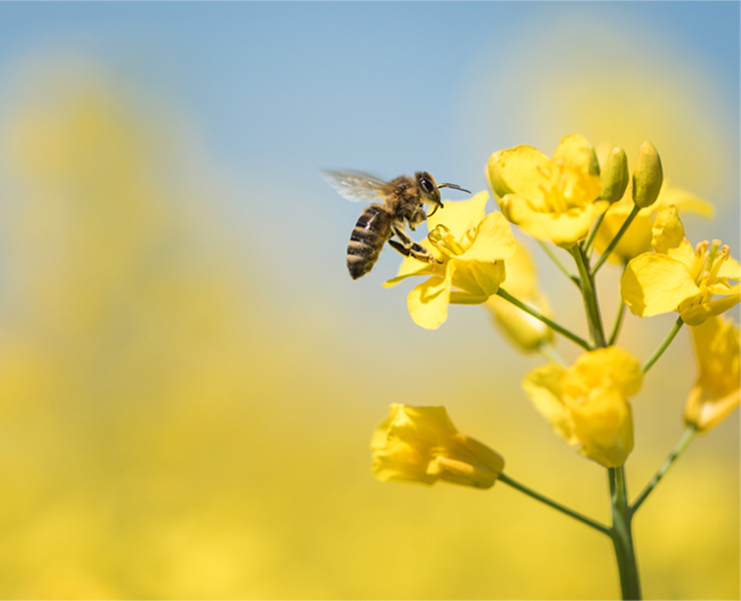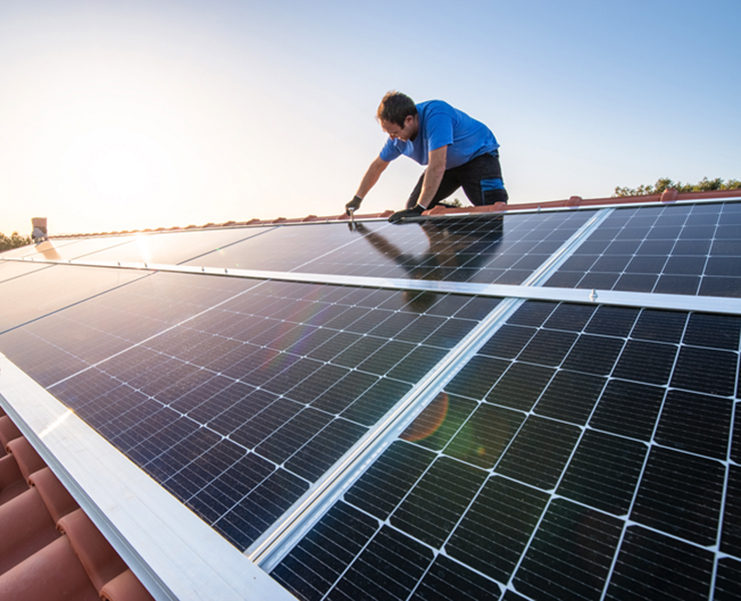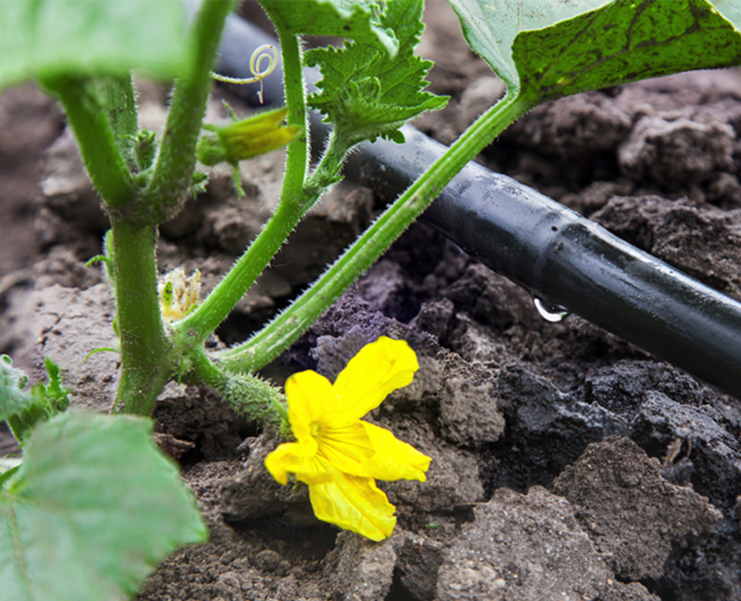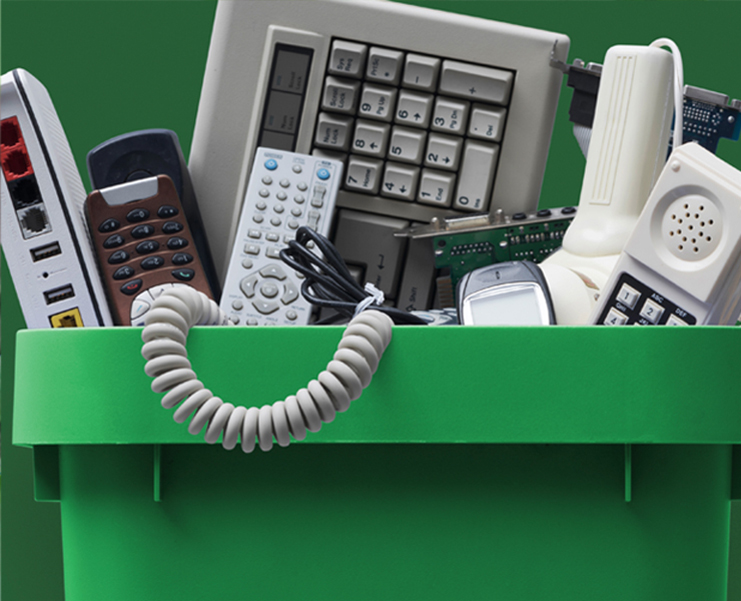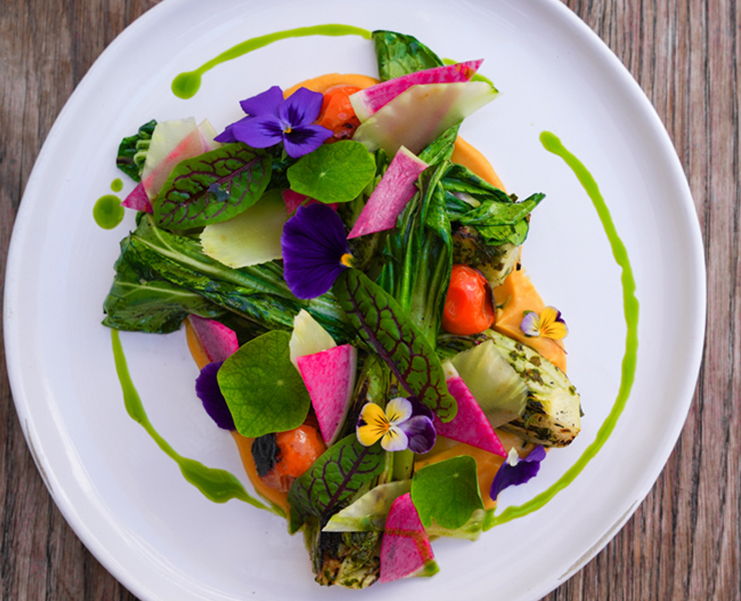Sustainable living
See How We’re Creating a Planet-Friendly Campus
At The Forum, we’re incorporating green initiatives and sustainability best practices throughout our community. Our residents and teams are constantly working to conserve and protect natural resources, use clean energy, reduce our carbon footprint, and increase our resilience during emergencies. We are committed to creating a sustainable environment so that present and future generations may live on a healthier planet.
Contact us for more information about our sustainability efforts

Bay Area Fire Update
[todays_date]
With progress made in the battle to protect residents and communities from the impact of these latest fires; we are thankful to report that any evacuation plans for our community have been lifted. We will continue to monitor the developments along with updates from local officials to determine any decisions moving forward. Any additional updates will be posted to this location on the website. We are extremely grateful for all of the work done by first responders to protect our surrounding communities.
As the situation evolves we will provide updates to our website.
If you have a question related to this situation please call the community at the following number at (650) 944-0100.

